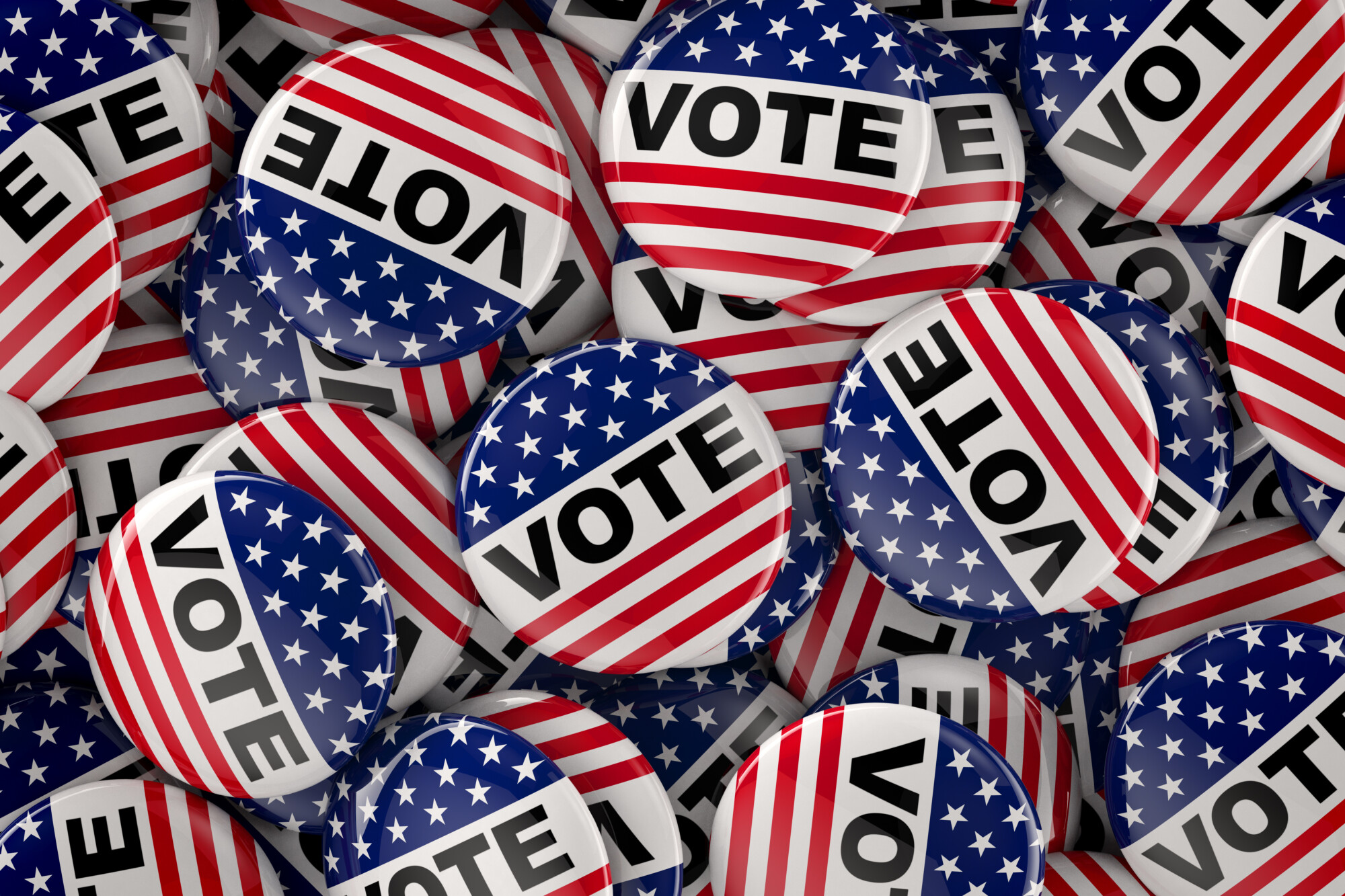Table of Contents Show
- Consumer Confidence and Election Uncertainty
- Policy Proposals and Investor Decisions
- Historical Patterns and Market Performance
- Regional Variations and Local Dynamics
- The Role of Interest Rates and Economic Policies
- Navigating Investment Strategies
- Impact of International Factors
- Social and Demographic Trends
- Republicans vs. Democrats: Impact on Real Estate Appreciation
- Final Thoughts
Presidential election years in the United States are pivotal not just for politics but also for various sectors of the economy, including real estate. As the nation gears up for the 2024 election, many wonder how the political landscape might impact the housing market. This article explores the multifaceted influence of presidential polls on real estate, from consumer confidence to policy changes.
Consumer Confidence and Election UncertaintyConsumer Confidence and Election Uncertainty
One of the most immediate impacts of a presidential election year is the fluctuation in consumer confidence. A National Association of Realtors (NAR) survey found that consumer confidence in the housing market tends to dip slightly during election years. This uncertainty surrounding the outcome and potential policy shifts can lead to cautious spending behavior among homebuyers and investors. This hesitancy can manifest in a temporary slowdown of transactions and a softening of demand.
Policy Proposals and Investor DecisionsPolicy Proposals and Investor Decisions
Presidential candidates often introduce policy proposals related to housing, taxation, and economic regulation during their campaigns. These proposals can significantly influence market sentiment and investment decisions within the real estate sector. For instance, discussing tax reforms that incentivize homeownership or stricter mortgage regulations can shape investor expectations and alter market dynamics.
Historical Patterns and Market PerformanceHistorical Patterns and Market Performance
While election seasons might bring temporary dips, historical data reveals a resilience pattern in the real estate market. A study by Freddie Mac found that while there may be a slight slowdown in transactions leading up to the election, the market tends to rebound shortly after, regardless of the outcome. This resilience underscores the underlying stability of the real estate sector amidst political transitions.
Regional Variations and Local DynamicsRegional Variations and Local Dynamics
It’s essential to recognize that the impact of presidential election years on real estate can vary geographically. Urban centers, suburban areas, and rural communities may respond differently to election-related uncertainties, depending on factors like employment opportunities, population trends, and housing supply.
The Role of Interest Rates and Economic PoliciesThe Role of Interest Rates and Economic Policies
The Federal Reserve’s monetary policy decisions, including interest rate adjustments, can intersect with the broader economic landscape shaped by presidential elections. Changes in interest rates can influence mortgage affordability, borrowing costs, and investor behavior in the real estate market. Additionally, a presidential administration’s economic policies can have long-term implications for real estate development, infrastructure investment, and housing affordability initiatives.
Navigating Investment StrategiesNavigating Investment Strategies
For real estate investors, presidential election years present both challenges and opportunities. While short-term uncertainties may warrant a cautious approach, astute investors can leverage market fluctuations to identify strategic investment opportunities. Diversification across asset classes, risk management strategies, and a thorough understanding of local market fundamentals are crucial for navigating real estate investments during election cycles.
What to Expect During a Presidential Election Year in Real EstateWhat to Expect During a Presidential Election Year in Real Estate
- Potential for Temporary Slowdown: Consumer confidence might dip, leading to a slight decrease in transactions.
- Focus on Local Market: National trends may not reflect your specific location—research local data and trends for a clearer picture.
- Policy Shifts on the Horizon: Stay informed about candidate policy proposals and how they might impact the market.
- Long-Term Resilience: Despite short-term fluctuations, the real estate market has historically shown stability through presidential transitions.
Impact of International FactorsImpact of International Factors
In addition to domestic considerations, the global economic landscape can influence the real estate market during presidential elections. Factors such as international trade agreements, geopolitical tensions, and currency exchange rates can impact investor confidence and cross-border investment flows. For example, uncertainty surrounding trade policies and international relations may prompt foreign investors to adopt a wait-and-see approach, affecting the demand for luxury properties in major metropolitan areas.
Social and Demographic TrendsSocial and Demographic Trends
Presidential election years often coincide with discussions around social and demographic issues that can shape housing preferences and market dynamics. Debates over housing affordability, urban development, environmental policies, and social welfare programs can influence buyer preferences and the demand for specific properties. Additionally, demographic shifts, such as changes in population distribution and generational trends, can impact housing demand and supply patterns in different regions.
Republicans vs. Democrats: Impact on Real Estate AppreciationRepublicans vs. Democrats: Impact on Real Estate Appreciation
Whether Republicans or Democrats are better for real estate appreciation is a nuanced and often debated topic. Both parties have different approaches to economic policies, taxation, and regulation, which can influence the real estate market in various ways.
Republicans typically advocate for lower taxes and less regulation, which can stimulate economic growth and potentially benefit the real estate market. Their emphasis on pro-business policies may lead to increased investment, job creation, and consumer confidence, all of which can contribute to higher property values and appreciation.
On the other hand, Democrats often prioritize social welfare programs, affordable housing initiatives, and stricter regulations to protect consumers and the environment. While these policies may address housing affordability issues and promote sustainable development, they could also introduce property development and investment constraints, potentially impacting real estate appreciation.
Final ThoughtsFinal Thoughts
As the nation embarks on the 2024 presidential election year, the real estate market might experience some temporary adjustments. However, historical data suggests a return to stability after the election. By understanding the interplay of political, economic, technological, and social factors, stakeholders in the real estate sector can navigate this period with resilience and adaptability, ensuring the continued vitality of this critical component of the economy.

